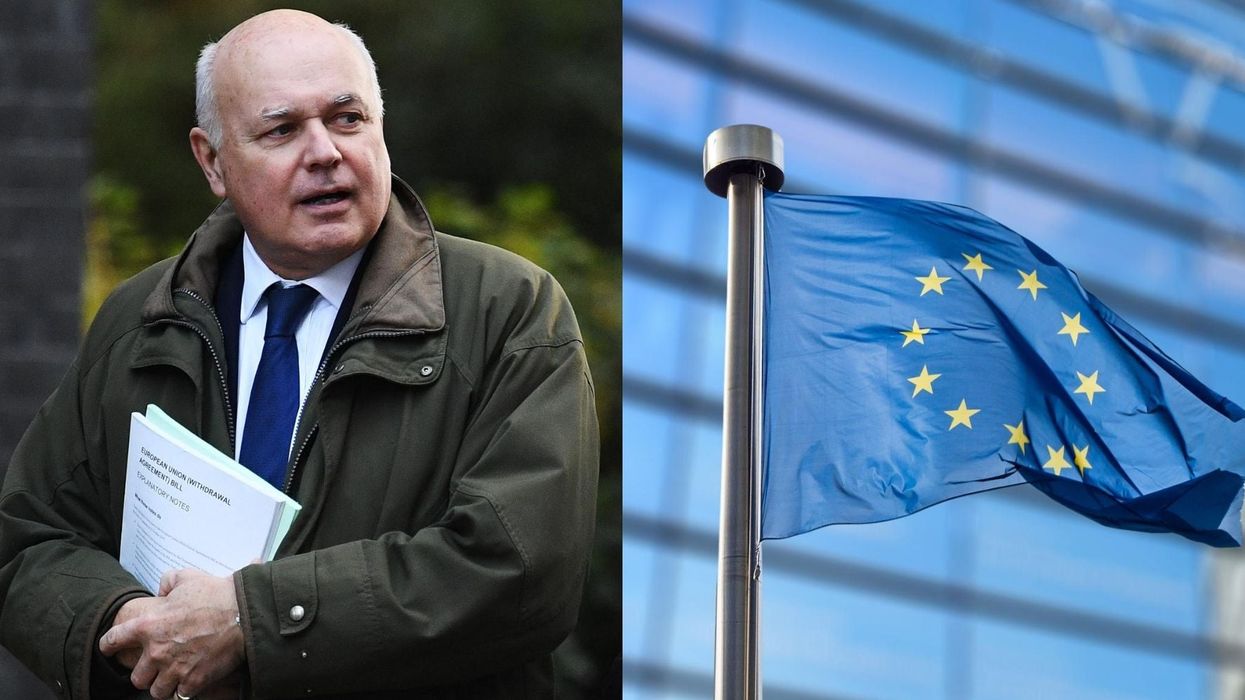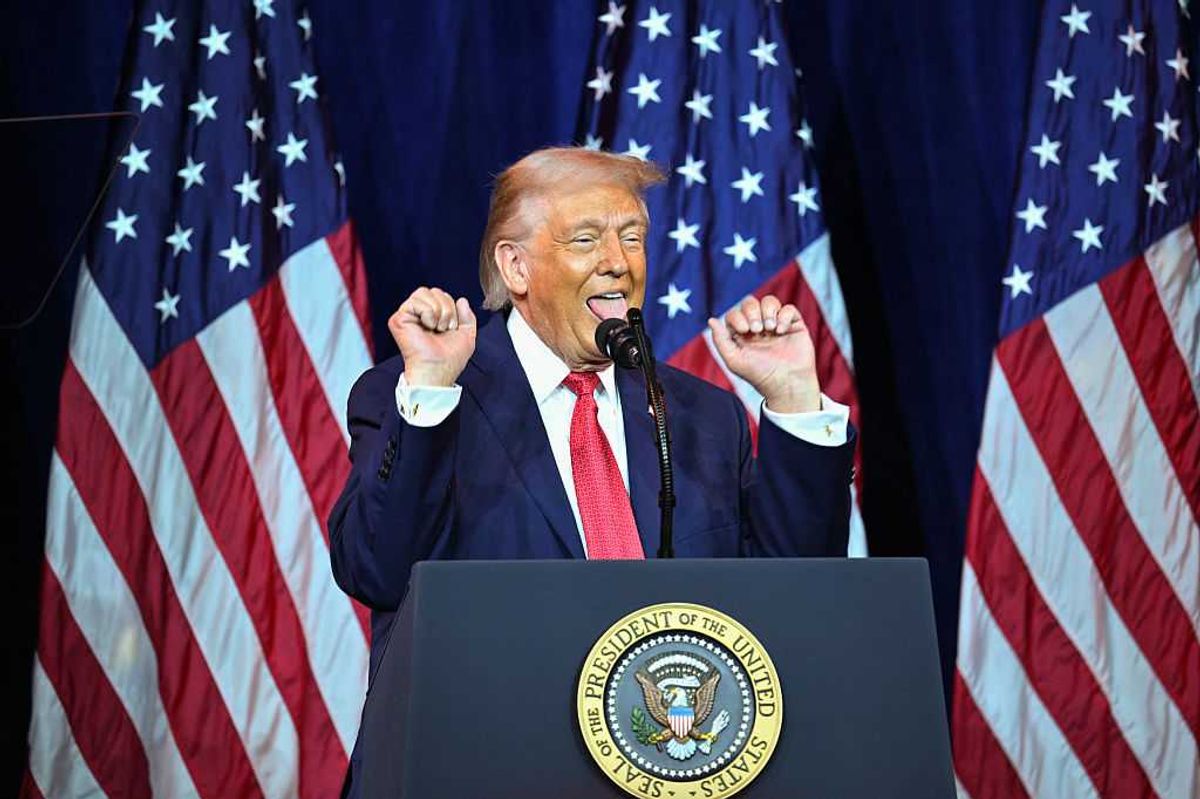
The European Union has rejected calls from Iain Duncan Smith to rewrite the Withdrawal Agreement.
It came about after the Tory Brexiteer has only now spoken out about the “fine print”, despite previously voting in favour of it. Let’s rewind.
Back in November last year, Duncan Smith tweeted his support for a proposed Withdrawal Agreement, calling it “oven-ready”:
In fact, there’s video of the Tory MP confidently stating:
The reality is if there is anything about this arrangement that we have not now debated – thrashed to death – I would love to know what it is.
He then voted in favour of it.
But now he claims the “fine print” of the agreement means “we remain hooked into the EU’s loan book”.
He tweeted on Tuesday:
Many people called out Duncan Smith for now rallying against the “fine print” of the bill after he previously advocated for it and then voted to approve it, prompting many to ask – why didn’t he read it properly before voting on it?
And now even the EU has chimed in to confirm the agreement – as it currently stands – is a “firm document” and will not be rewritten.
The EU’s chief spokesperson, Eric Mamer said:
I think it’s very clear that we are not going to get into a debate with British politicians on liabilities or any other of the provisions of the Withdrawal Agreement.
The Withdrawal Agreement is there, it is now a firm document that has been accepted by both parties and it is the basis on which both sides are acting.
In this document it is clear that the United Kingdom has taken a certain number of completely normal legal commitments when it comes to its share of liabilities related to loans that would have been given by the EIB whilst the UK was still a member of the European Union.
Duncan Smith is yet to publicly comment on the EU’s latest statement.
The UK is set to complete its exit from the European Union on 31 December when the transition period will end.
There's still much to be worked out though, including trade deals, immigration and access to the single market.













